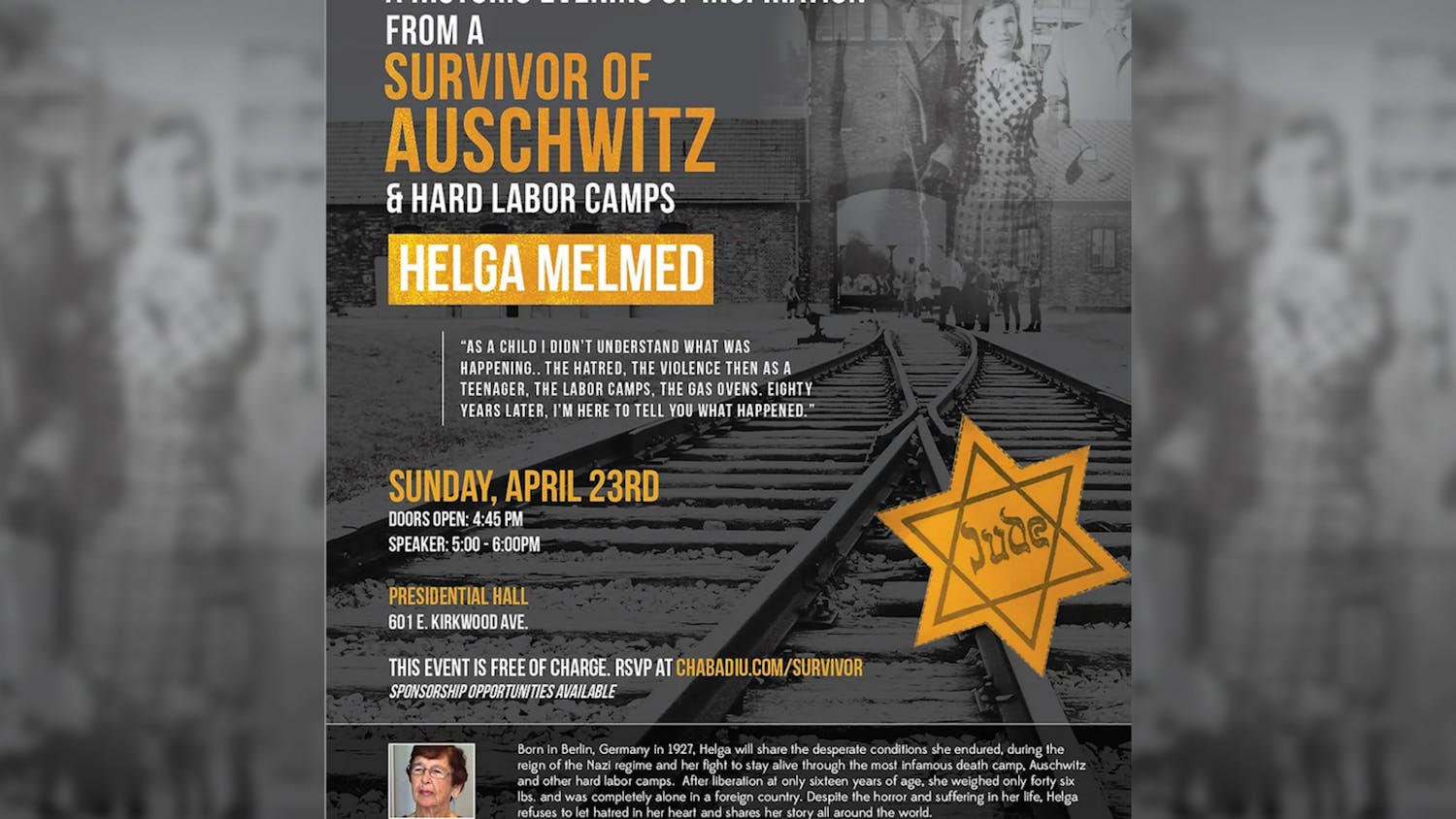The people of Hungary have always been taught they belong to a country that does not fear rebellion.
That’s according to Laszlo Borhi, IU Fulbright Professor and former Hungarian Chair, who spoke Monday at the Indiana Memorial Union.
His lecture, “1989 in Hungary: The Hidden Threads of History,” was the fourth in a series of lectures held by the Hungarian Culture Association. In it, Borhi discussed the events that led to the collapse of the Hungarian single-party system.
”In fact, someone once said, ‘If you want to destroy NATO, bring the Hungarians in,’” he said.
In 1989, as the single party system controlled by the Hungarian Socialist Workers’ Party collapsed, this concept became reality.
The dissolving of the single-party system led to the liberation of Eastern European countries and catapulted the collapse of the Soviet Union, which happened in 1991.
“The events in Eastern Europe changed the environment in which the Soviet Union operated and assured peaceful change in the Soviet Union was indeed possible,” Borhi said.
The Hungarian Socialist Workers’ Party’s domination in Hungary started to decline when the country’s economy entered a bad state, he said.
“In 1989, as the comrades discovered the deficit was so huge, they feared in a few years it would become unserviceable and the country would become bankrupt,” Borhi said.
While the country’s unrest grew and the power of the communist party was questioned, Borhi said the party recognized their domination could not last forever.
Hungary has always feared national death, he said.
“In February 1989, the communist party officially agreed to end its constitutional right to being the only party in Hungary,” he said.
He said the Hungarian Socialist Workers’ Party gave up power, still believing it would win every election, and the other parties would support them.
It said it would negotiate the removal of Soviet Union troops in Hungary. And it believed the removal of troops would possibly dissolve the Warsaw Pact.
Following the lead of the Hungarian nation, Eastern Europe began to call for change to the communist regime, as well, Borhi said.
“The collapse of the Soviet Union did not happen in and of itself,” he said.
The Soviet Union’s loss of Eastern Europe, he said, shaped the unwinding
Cold War.
“It was the single party system that had to be dismantled first,” he said.
Borhi said it wouldn’t be enough for the Soviet Union to lose Eastern Europe and pull out its troops. The Warsaw Pact would have to dissolve, as well.
“In a nutshell, there was no big bang,” Borhi said. “There was no Soviet-American agreement for the liberation of Eastern Europe.”
Eventually, the Soviet Union would fall, as would the Warsaw Pact, but Borhi said the world must understand the importance of dissolving of the Warsaw Pact.
As Vladimir Putin’s power in Russia increases, he said the effects of the end of the Soviet Union’s control of Eastern Europe and dissolving of the Warsaw Pact are increasingly pertinent.
“If the Warsaw pact still existed, Putin would be in the position to undo everything that happened prior to 1991,” Borhi said.
Borhi talks socialist control
Get stories like this in your inbox
Subscribe




